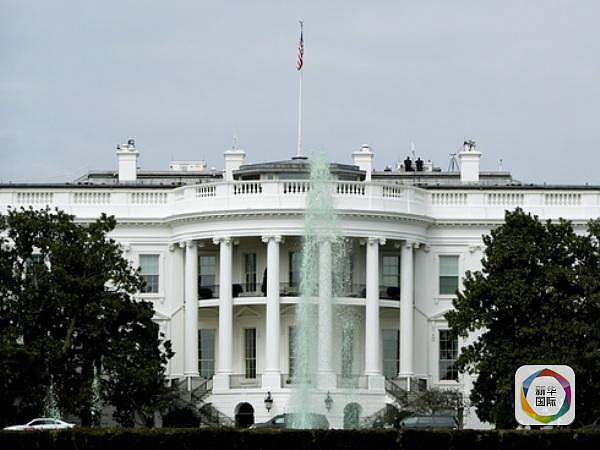Dialog, not provocation, is needed with North Korea
- By Sumantra Maitra
 0 Comment(s)
0 Comment(s) Print
Print E-mail China.org.cn, February 28, 2018
E-mail China.org.cn, February 28, 2018

The White House [Photo/Xinhua]
New U.S. sanctions on North Korea, announced on Feb. 23 toward the end of the Korean Olympic truce, appear to be a dangerous escalation. The U.S. said that it is imposing the largest package of sanctions aimed at North Korea to give up its nuclear weapons. In addition to that, it was reported that the Trump administration along with allies in Asia are trying to expand interceptions of ships suspected of violating sanctions on the North. In that eventuality, it would be the U.S. Coast Guard deployed to stop and search vessels in Asia-Pacific waters.
Needless to say, this will constitute a grave provocation. It is unlikely there will not be retaliation. Nor will it change the perception in North Korea that, even after all the goodwill of the Olympics, the North is still being surrounded. It also indicates that there will be significant beefing up of Pacific assets. While there has been interception of pirate ships before, this is a new level of activism. Naval blockades such as this are typically considered an act of war.
There has been predictable anger from China. Beijing has warned against unilateral targeting of firms and states that this risks exacerbating the problem. At a moment when Chinese trade with North Korea has been the lowest in years and Chinese help in achieving detente on the peninsula at its highest, this move unnecessarily and unilaterally drags the cooperation down. "China resolutely opposes the U.S. side enacting unilateral sanctions and 'long-armed jurisdiction' in accordance with its domestic law against Chinese entities or individuals," a statement from China's Foreign Ministry said.
The U.S. Department of Defense estimates that an actual war on the Korean Peninsula would result in around 20,000 deaths daily, comparable to the Second World War. Overall, the U.S. and its allies will be able to subdue Korean forces and control Korean skies within a week or so of constant 24-hour bombing, but by that time the North's artillery and submarines would have killed over a million South Koreans, Japanese and American soldiers combined. That is, if the war doesn't escalate to a nuclear one. If it does, even one rudimentary North Korean bomb reaching the mainland U.S. would result in the loss of hundreds of thousands, if not millions, of lives. It is impossible to think that any leader would risk this.
The only way out is to talk to North Korea. One side needs to give in, and since North Korea is the smaller and more paranoid party here, the perceived threat is more real for them. Naturally, the unilateral de-escalation must come from the big guns, like China or the U.S. There needs to be a symbolic call of detente which will allow Kim Jong-un to feel that his fate won't be similar to Gadhafi's.
The goal of both China and the U.S. is the denuclearization of the Korean Peninsula. It will be tough, but not absurd. Ukraine gave up its nuclear weapons, as did South Africa. But this goal is very near improbable given the way things are now. The most prudent solution is for all parties to come to the table to negotiate.
Sumantra Maitra is a columnist with China.org.cn. For more information please visit:
http://www.china.org.cn/opinion/SumantraMaitra.htm
Opinion articles reflect the views of their authors only, not necessarily those of China.org.cn.






Go to Forum >>0 Comment(s)